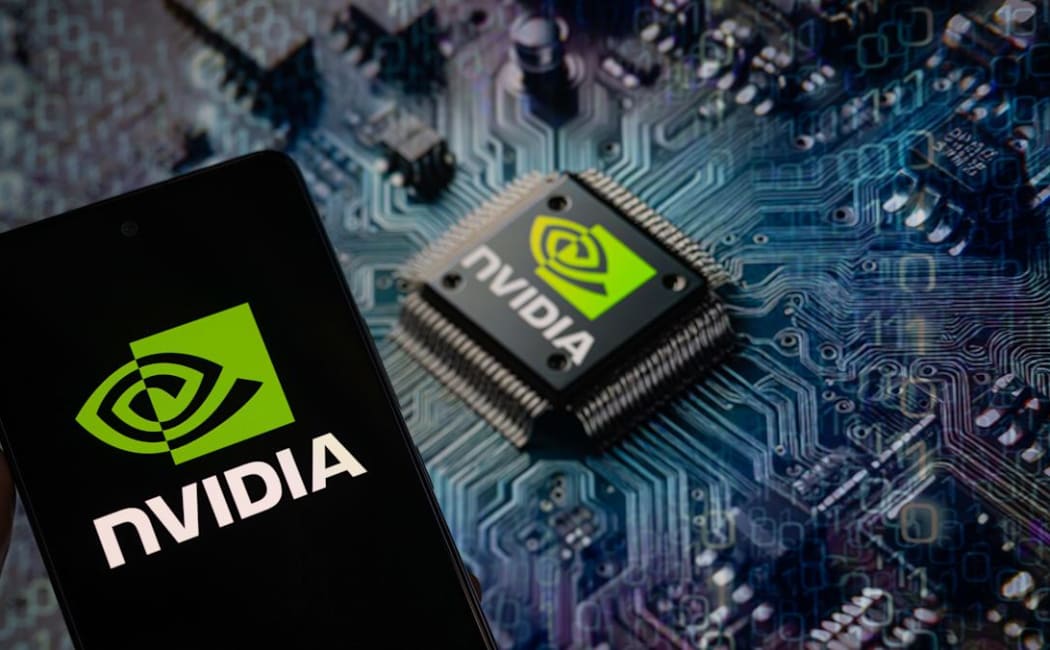China Accuses Nvidia of Anti-Monopoly Breach as Trade Talks with the US Continue

China’s top market regulator has opened an investigation into Nvidia, alleging that the American semiconductor giant has violated local anti-monopoly laws. The announcement, though lacking detailed accusations, marks a significant escalation in the ongoing US-China technology rivalry. Regulators confirmed that the inquiry will continue as part of broader efforts to ensure fair competition in the fast-evolving chip industry.
In response, Nvidia maintained that it has complied fully with Chinese law and pledged to cooperate with relevant authorities. The company emphasized its commitment to transparency as officials evaluate how recent export restrictions could reshape global competition in the semiconductor market.
US-China Trade Talks in Spain
The timing of this probe is noteworthy, as it coincides with fresh trade negotiations between Washington and Beijing. High-level delegations led by US Treasury Secretary Scott Bessent and Chinese Vice Premier He Lifeng met in Madrid this week. Both sides described the discussions as “constructive,” signaling that future negotiations will take place within the next month. The talks also touched upon the fate of TikTok in the US, which has faced the threat of a nationwide ban unless ownership changes are made.
TikTok’s Role in Trade Diplomacy
Former US President Donald Trump, who once pushed aggressively for a TikTok ban, has recently softened his stance. Posting on his platform Truth Social, Trump hinted at a possible resolution, suggesting that young users in the US “will be very happy” with the outcome. The White House even launched its own official TikTok account in August 2025, underscoring the platform’s growing influence. With more than 170 million American users, TikTok remains a critical bargaining chip in trade diplomacy.
Semiconductor Tensions at the Core
At the heart of this issue lies the battle for dominance in advanced semiconductors. The US has steadily tightened restrictions on Chinese access to cutting-edge chips, citing national security concerns. Nvidia, a leader in AI accelerators and GPUs, has been particularly affected by these export controls. China, in turn, launched its investigation into Nvidia last December, which many analysts viewed as retaliation against Washington’s policies.
The restrictions not only impact Nvidia’s business in China but also ripple across global supply chains. From cloud computing to autonomous driving, demand for Nvidia’s processors has surged, making them a focal point in the broader US-China tech war. Any penalties or market barriers in China could significantly reshape the landscape for both local and international firms.
Tariffs and Trade Agreements
While the Nvidia case dominates headlines, trade negotiators also revisited tariff agreements. Both nations had earlier agreed to a temporary truce, cutting back import duties that had exceeded 100% on some goods. This truce, extended through November, reflects a fragile balance as each side seeks leverage in broader economic disputes. Analysts suggest that technology and digital markets will remain central to these negotiations moving forward.
Global Market Reactions
Markets reacted cautiously to the news. Semiconductor stocks experienced mild volatility, with investors weighing the risks of heightened regulatory pressure against the backdrop of rising demand for AI-powered chips. For multinational corporations, the investigation underscores the importance of navigating geopolitical risks in global tech supply chains.
Looking Ahead
The outcome of China’s probe into Nvidia could have long-term consequences for the semiconductor industry. If penalties are imposed, other US-based chipmakers may also face scrutiny. Meanwhile, ongoing trade talks offer a potential platform for compromise, though past negotiations have shown that progress is often slow and fragile.
For now, Nvidia finds itself at the crossroads of economic policy and technological rivalry. With billions at stake in the semiconductor market and tensions between Washington and Beijing running high, the company’s future in China will likely depend on both political decisions and regulatory outcomes in the months ahead.
